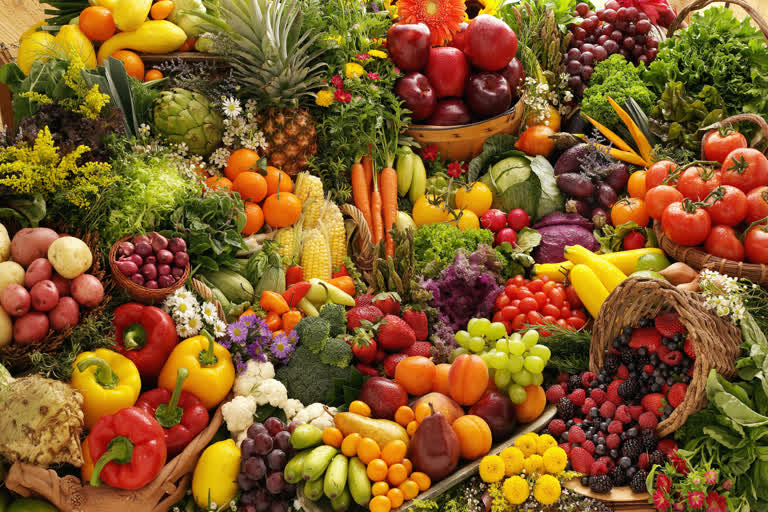Fruits and vegetables are considered to be an important part of our everyday diet and consumption of fresh ones daily is highly recommended by almost all the doctors, dietitians, nutritionists and experts. Right from green leafy vegetable to juicy citrus fruits, each one is extremely nutritious and has its own benefits. To create more awareness about the same, the United Nations (UN) general Assembly has designated 2021 as the International Year of Fruits and Vegetables (IYFV).
The UN secretary general, António Guterres, while launching the campaign said, 'Fruits and vegetables are the cornerstone of a healthy and varied diet. They provide the human body with an abundance of nutrients, strengthen immune systems and help lower risks for a number of diseases'. He also said that even though fruits and vegetables are highly nutritious, they are not consumed enough. He also talked about sustainable development and reducing their wastage. 'Arrive together to guarantee that good food, fruits and vegetables, reaches to the most helpless, abandoning nobody' he added.
Objective of IYFV
As stated by the Food and Agriculture Organization of the United Nations (FAO), here are the main objectives of the IYFV 2021:
- Raising awareness of and directing policy attention to the nutrition and health benefits of fruits and vegetables consumption;
- Promoting diversified, balanced, and healthy diets and lifestyles through fruits and vegetables consumption;
- Reducing losses and waste in fruits and vegetables food systems;
- Sharing best practices on:
- Promotion of consumption and sustainable production of fruits and vegetables that contributes to sustainable food systems;
- Improved sustainability of storage, transport, trade, processing, transformation, retail, waste reduction and recycling, as well as interactions among these processes;
- Integration of smallholders including family farmers into local, regional, and global production, value/supply chains for sustainable production and consumption of fruits and vegetables, recognizing the contributions of fruits and vegetables, including farmers’ varieties/landraces, to their food security, nutrition, livelihoods and incomes;
- Strengthening the capacity of all countries, specially developing countries, to adopt innovative approaches and technology in combating loss and waste of fruits and vegetables.
